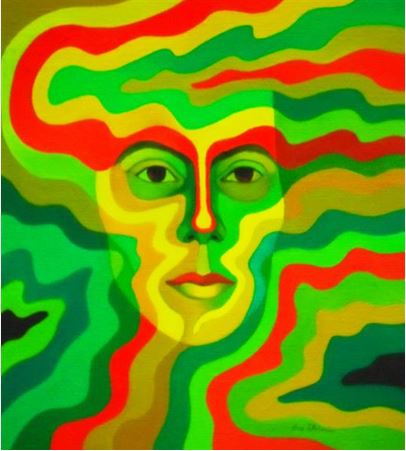… things are conceived just as they are perceived. They are not even named. If I look at a cup, I give it a Chinese name while you English call it ‘cup’. … Actually, for all of us, the subject of these concepts simply sits here in total clarity on the table. We know what it is; we know its name. In Silent Illumination naming is of no concern.
To see things in this way in meditation is very valuable. Sitting together here we can discriminate men from women, Chinese from British, maybe even Welsh from English, older from younger. Such discriminations normally come along with some sort of judgement or valuation. Labels, names and so on are the roots of prejudice.
Categorisation usually generates inequalities in values with preferences and aversions, however subtle, drifting across the mind. Whenever such inequalities have taken hold, buddha-nature becomes invisible. When truly realised, buddha-nature is indivisible.
Of course, this is no simple matter and, furthermore, to consider a thief to be one’s father might engender a lot of trouble in the everyday world. Nonetheless, in the perspective of Silent Illumination, the basis of mind is seen to lack duality; dualistic functioning is a secondary, not a fundamental condition. We need to contemplate the practical significance of this.
‘Without any signs whatsoever, it illumines without any grasping, yet it still goes on knowing.’ The practitioner in Silent Illumination is not concerned with meaning and therefore grasps at nothing. He may see a bird fly through tbe sky. He does not deny that the bird has flown from one tree to another, yet this is not a focus of his concern. ‘As the Tibetans say, this is like ‘writing on water’. You move your finger across the water yet nothing remains. The thing has happened; now it has passed by. In silence, the practitioner knows buddha-nature, but there is no trace of this in his mind, no grasping, no discarding. There is brightness, silence, illumination. Rising from the cushion, he drinks a cup of tea, nothing remarkable; he just gets on with whatever needs to be done.
Master Sheng-Yen
(meer…)
